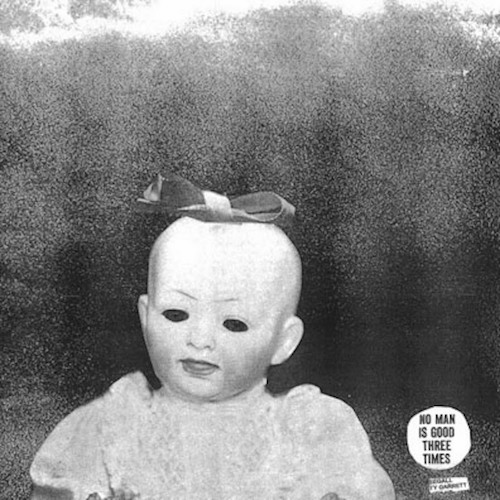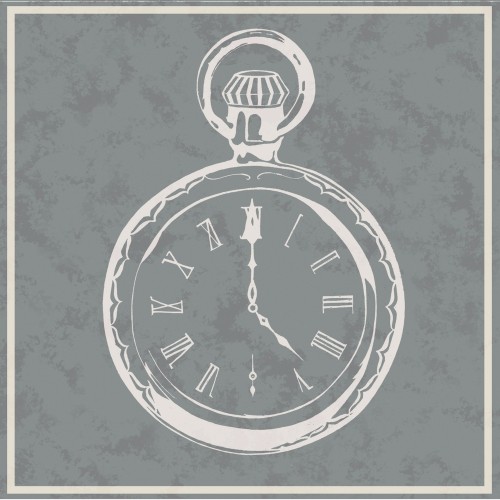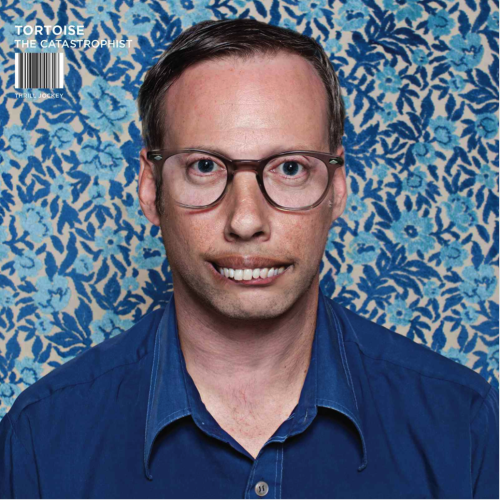 Release Date: September 27, 2011
Release Date: September 27, 2011





Patrick Douthit, known in the hip-hop world as 9th Wonder, has been producing throwback tracks for nearly a decade. His first foray into the rap game was with Little Brother, a group who made a splash with its 2003 debut, The Listening. After Little Brother went on hiatus, 9th Wonder continued producing songs for established acts such as Jay-Z, Lil Wayne, Murs and countless others.
Recently, 9th Wonder was the subject of a feature-length documentary. Director Kenneth Price followed Douthit for a year, resulting in the in-depth “The Wonder Year.” In conjunction with the film, 9th Wonder released his fourth compilation album, The Wonder Years.
From the start of “Make It Big,” Douthit’s penchant for classic hip-hop is on display. 9th Wonder’s production recalls early-1990s East Coast style, with Khyrsis’ verses adding to the vintage feel. As The Wonder Years progresses, it effectively showcases the fact that 9th Wonder can transport listeners back to a time when hip-hop was somewhat simple, a time before tracks were—quite literally—orchestrated.
Each of the 16 tracks that 9th Wonder produces for The Wonder Years perfectly encapsulates Douthit’s ability to create near-perfect facsimiles of a long-lost production style. Unfortunately, this is also 9th Wonder’s undoing.
There is little doubt that 9th Wonder is capable of building a stellar track—“Enjoy (West Coastin’)” features stellar production and top-notch collaborations with Warren G, Murs and Kendrick Lamar—but after an hour, Douthit’s rudimentary approach to throwbacks wears thin. In many cases, tracks exceed the four-minute mark but never move away from the beat that 9th Wonder introduced at the track’s start.
Occasionally, 9th Wonder will subtly introduce a new idea into a track, but instead of creating a new tone, it merely happens, without much purpose or direction.
When effective, 9th Wonder’s throwbacks recall the very best of late-1980s and early-’90s hip-hop. Douthit finds ways to have the best traits from the East and West coasts coexist, but songs often lose steam well before they end. By the time The Wonder Years reaches its conclusion, it is akin to the sound of one concept being stretched entirely too thin for far too long a duration.
It’s easy to isolate Douthit’s faults when his production is all that is on display. If these tracks were to be presented on the albums of 9th Wonder’s, they could potentially be highlights. It’s obvious that 9th Wonder understands what makes this production style effective. It borders on nostalgia, but it adds enough polish and new-age studio tricks to keep it from feeling dated.
The Wonder Years is best in short spurts. It is a great reminder of how well classic hip-hop techniques have stood the test of time, but what is lacking is the sense of adventure. In dedicating himself to replicating the past, Douthit seems to have forgotten that all of those acts grew and progressed beyond those simplistic sounds. It would serve him well to not just replicate their style, but also their ambition.
9th Wonder – The Wonder Years tracklist:
- “Make It Big (Remix)” (featuring Big Remo)
- “Band Practice, Pt. 2” (featuring Phonte and Median)
- “Enjoy (West Coastin’)” (featuring Warren G and Murs)
- “Streets of Music” (featuring Tanya Morgan and Enigma of Actual Proof)
- “Hearing the Melody” (featuring Skyzoo, Fashawn and King Mez)
- “Loyalty” (featuring Masta Killa and Halo)
- “Now I’m Being Cool” (featuring Mela Machinko and Median)
- “Never Stop Loving You” (featuring Terrace Martin and Talib Kweli)
- “Pirhanas” (featuring Sene and Sundown of Actual Proof)
- “Peanut Butter & Jelly” (featuring Marsha Ambrosius)
- “One Night” (featuring Terrace Martin, Phonte and Bird and The Midnight Falcons)
- “Your Smile” (featuring Holly Weerd and Thee Tom Hardy)
- “No Pretending” (featuring Raekwon and Big Remo)
- “20 Feet Tall (Remix)” (featuring Erykah Badu and Rapsody)
- “That’s Love” (featuring Mac Miller and Heather Victoria)
- “A Star U R” (featuring Terrace Martin, Problem and GQ)


